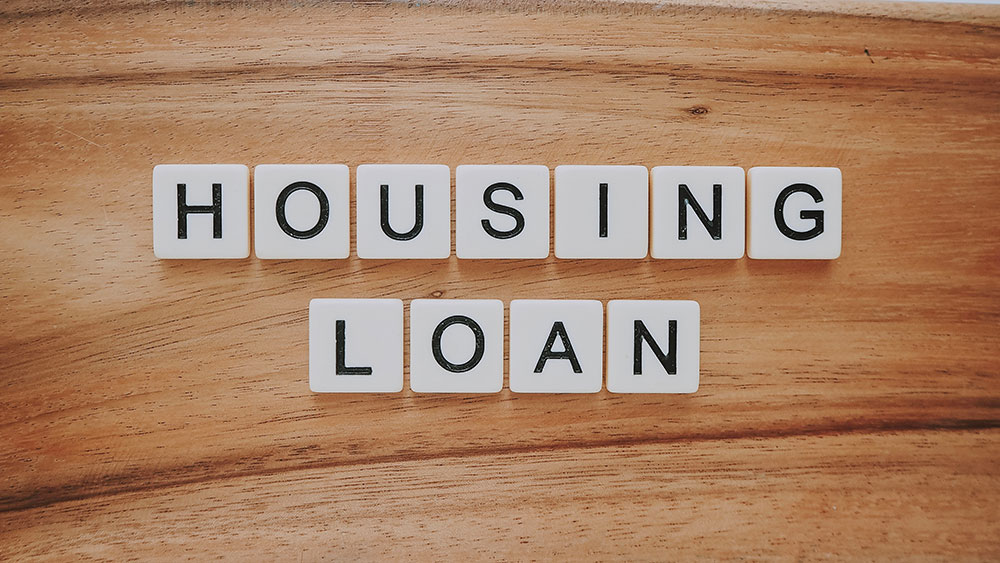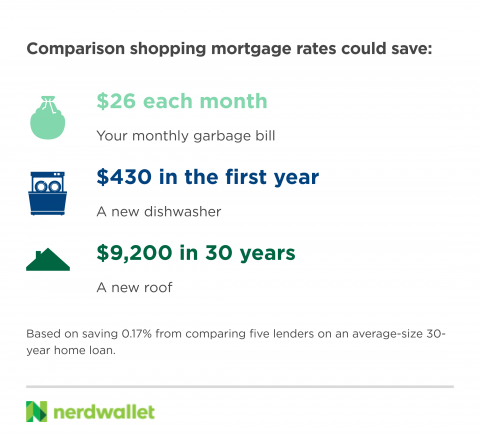A Home Mortgage Capital Commitment (MCFO) is a type of home mortgage pass-through unsecured basic obligation bond that has a number of classes or tranches. MCFOs use capital from a swimming pool of home loans that generate profits to pay back financiers their principal plus interest. Payments are received from home mortgages in the swimming pool and handed down to holders of the MCFO security.
MCFOs do not hold a lien on the mortgages held by the security. They are simply bound by contract to use the income from the mortgages to pay their financiers. MCFO owners have no legal rights to the real hidden home loans, hence MCFOs are riskier than CMOs. Like CMOs, MCFOs are a form of mortgage-backed security developed through the securitization of specific property home mortgages that draw interest and principal payments from that particular swimming pool of mortgages.
Like CMOs, MCFOs plan mortgages into groups with different payment qualities and run the risk of profiles called tranches. The tranches are repaid with home mortgage principal and interest payments in a specified order, with the highest ranked tranches featuring credit enhancement, which is a kind of defense against prepayment threat and repayment default.
The mentioned maturities of MCFO tranches are figured out based on the date when the final principal from a pool of home loans is expected to be settled. But maturity dates for these types of MBS do not take into consideration prepayments of the hidden mortgage and hence may not be a precise representation of MBS risks.
CMOs, MCFOs and other non-agency mortgage-backed securities those home loan bonds not backed by the government-sponsored enterprises Fannie Mae, Freddie Mac or Ginnie Mae - were at the center of the monetary crisis that resulted in the insolvency of Lehman Brothers in 2008 and resulted in https://www.inhersight.com/companies/best?_n=112289281 trillions of dollars in losses on mortgage and millions of property owners losing their houses to default.
In December 2016, the SEC and FINRA announced new guidelines to moisten MBS risk with margin requirements for CMO and related MBS transactions.
All About What Is The Maximum Number Of Mortgages
A home loan swimming pool is a group of home loans kept in trust as collateral for the issuance of a mortgage-backed security. Some mortgage-backed securities issued by Fannie Mae, Freddie Mac, and Ginnie Mae are called "swimming pools" themselves. These are the easiest form of mortgage-backed security. They are likewise called "pass-throughs" and sell the to-be-announced (TBA) forward market.

Mortgage swimming pools, which are groups of mortgages, tend to have comparable qualities, such as issuance date, maturity date, and so on. While mortgage-backed securities are backed by home loan collateral with comparable attributes, collateralized financial obligation obligations are backed by collateral with differing characteristics. An important advantage of home loan pools is that they offer financiers with diversity.
Home loan swimming pools are consisted of mortgages that tend to have comparable characteristicsfor instance, they will usually have near to the exact same maturity date and interest rate. As soon as a lending institution completes a mortgage deal, it normally offers the mortgage to another entity, such as Fannie Mae or Freddie Mac. Those entities then package Check over here the home loans together into a home mortgage pool and the home loan pool then functions as collateral for a mortgage-backed security.
A CDO is a structured monetary product that pools together cash flow-generating properties and repackages this possession pool into discrete tranches that can be offered to financiers. A collateralized debt responsibility is named for the pooled assetssuch as home loans, bonds and loansthat are basically financial obligation commitments that work as security for the CDO.
Mortgage pool funds benefit investors seeking property exposure because they are a low-risk investment that moves individually of a stock and bonds and use a predictable monthly income. Mortgage swimming pool fund loans are secured by genuine estate and are described as tough cash because unlike a lot of bank loans (which depend on the credit reliability of the borrower), hard money loans think about the value of the underlying home.
Because of their shorter terms, hard money loans are less vulnerable to being affected by interest rate swings, which implies it is a more predictable and dependable capital. Like mentioned above, home mortgage pool funds differ, where some concentrate on particular residential or commercial property types, while some are more basic. These distinction can impact danger and return, so it is essential to investigate the different home mortgage pools prior to diving in.
See This Report on How Do You Reserach Mortgages Records
There's absolutely nothing much better than stepping out your back door on a hot summer season day and jumping in your own pool. But beware when looking to buy or refinance a house with a swimming pool. That swimming pool can cause delays in the mortgage procedure, or drown your loan application altogether.
Stubrud dealt with a client who desired a reverse home mortgage, however had an empty, aging swimming pool on the property. Reverse home loans follow FHA guidelines, which are specific about pool. "They don't want it to be a health danger or a safety risk that there's a big gaping hole in the ground." So what did the client do? "How they managed it was that they filled it in," states Stubrud.
The swimming pool disappeared. There were no other choices for this aging house owner who didn't have the cash to get the pool in working order. However Stubrud says the customer did raise an alternative concept. "They really wanted to keep it and they were going have this subterranean greenhouse.
Many property owners think that what's on your home is your company. While that's partially real, you invite analysis to nearly every inch of a house when you choose to fund it with the lending institution's money. It holds true for FHA loans in addition to any other loan type. It boils down to security.
A pool that is a falling danger or is a breeding place for germs is a hazard to the health of the occupants. Not to mention it opens the homeowner as much as suits (how to reverse mortgages work if your house burns). The same standards would apply to things like a missing stairs outside the back entrance, missing handrails, or exposed lead-based paint.

Repairing the swimming pool to get it into working order will allow the loan process to continue. When buying a home, this might be a challenging scenario. It's risky to utilize your own funds to make repair work on a home that's not yours yet especially swimming pool repairs which can vary from a few hundred to a couple of thousand dollars - what is the interest rate today on mortgages.
An Unbiased View of How Many Mortgages Are Backed By The Us Government
There may be another way to make repair work, nevertheless. "The debtor will require to obtain a quote for the necessary repairs," says Sarah Bohan, VP of Corporate Relations at MSU Federal Cooperative Credit Union. "If the repairs are set up to happen after the closing, the lending institution will generally request to hold 1.
You get back any money left over after everything's done. But do not rely on this solution, states Bohan. "Numerous loan providers are unable to enable repair work after the home loan closes because they sell their loans on the secondary market and require to provide the loan within a set timeframe." Ensure your lending institution permits repair work after closing prior to you accept buy a home with a run-down pool.